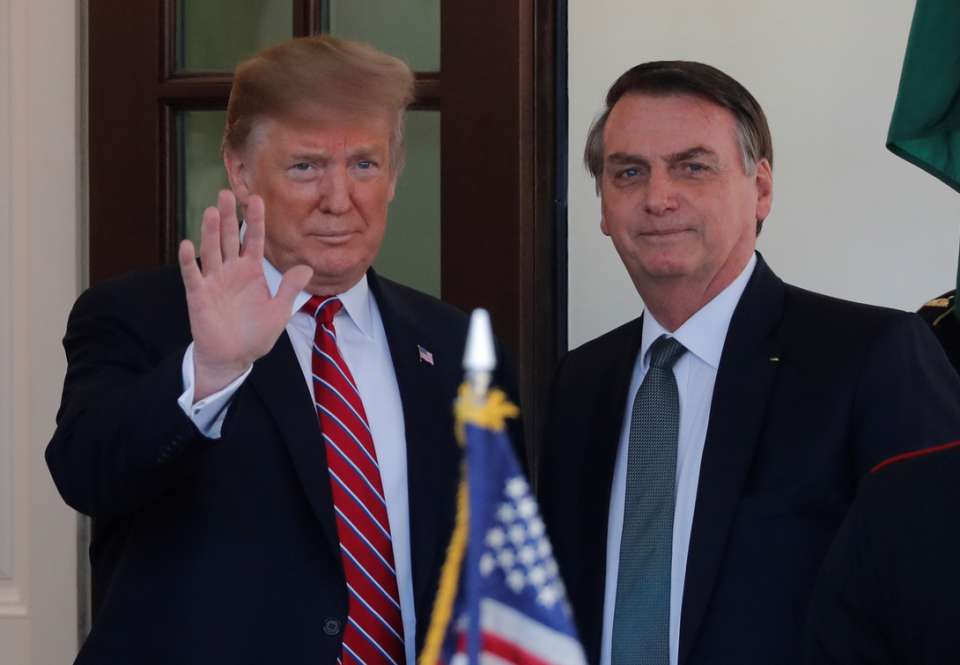Freedom of expression and freedom of the press is already guaranteed as a fundamental human right by UNESCO. And since 1988 our Federal Constitution guarantees this right to the Brazilian people. However, unlike the United States, Brazil does not recognize this right as absolute freedom. In the country, criminal proceedings can take place over a speech that is said to offend honor (known as defamation or injury). However, the line of understanding between ‘what is offensive and what is not offensive’ is still bland.
An interesting example that led me to reflect on the subject was the judgment in the United States Supreme Court, known as Masterpiece Cakeshop vs. Colorado Civil Rights Commission.
“Congress should not make any law regarding a religious establishment, or prohibit its free exercise, or restrict freedom of expression, or the press; or the right of people to assemble peacefully, and to make requests to the government to make reparations for complaints “. The right to express what you believe puts you in a position vulnerable to criticism, reactions, feedbacks (positive or negative). And in this space of debate that is created, the possibility of rethinking, improving, reformulating his thoughts opens up through the challenges that are presented to him in exchange for his idea.
The right to express what you believe puts you in a position vulnerable to criticism, reactions, feedbacks (positive or negative). And in this space of debate that is created, the possibility of rethinking, improving, reformulating his thoughts opens up through the challenges that are presented to him in exchange for his idea.
This process has the power to polish the thoughts of our society, and as such, evolve our critical thinking. Taking away this right, or partially denying it, implies cutting back with the evolution and social transformation that must occur so that we can concretely define in which world we want to live over time. If, for example, an individual cannot express his conviction because it is considered offensive, and consequently does not have the opportunity to be challenged by arguments against the suppression of the individual’s conviction, it will cause great social discomfort. Faced with this uncomfortable scenario provoked by bland censorship, the individual’s conviction will remain stagnant in its most primitive form and will lead him to search for other alternatives to express his thoughts.
It is clear that in the political scene this was manifested in the candidacy of Jair Bolsonaro, Donald Trump, Marine Le Pen, who incorporated and expressed the convictions that had been repressed for a long time with the defect that did not undergo a process of polishing ideas. The classic argument used to suppress many convictions is based on the famous phrase “We are in the 21st century, and this should not be discussed further. ” Being thus one of the most arrogant beliefs of recent times; this statement shows the lack of humility that people have today to think that the ‘true’ for them is the ‘true’ for everyone and that there is no need to open dialogue.
The classic argument used to suppress many convictions is based on the famous phrase “We are in the 21st century, and this should not be discussed further. ” Being thus one of the most arrogant beliefs of recent times; this statement shows the lack of humility that people have today to think that the ‘true’ for them is the ‘true’ for everyone and that there is no need to open dialogue.
However, the issues of humanity and the problems involving human interaction are not so simple to discuss and resolve. And until today, freedom of expression and dialogue with arguments has brought us ‘democracy.
Limiting our right to freedom of expression has two consequences. First, what is offensive, and whoever determines what is offensive will always be biased towards those in power, or those (nowadays) that cause the most empathy. Second, defining these limits (of what offends and what does not offend) creates a culture less tolerant and obsessed with its own ideas that, because they are not challenged, leave aside the humility of the thinker and deny the possibility of the evolution of society’s thinking.
If the feelings of certain groups or individuals began to take on a higher value than freedom of expression, our society will be condemned to victims and arrogance, with a state that will exercise a new role as a protective father to those who were never humble enough to listen.
Salvini: “È immorale chiudere in casa gli italiani a Natale!”